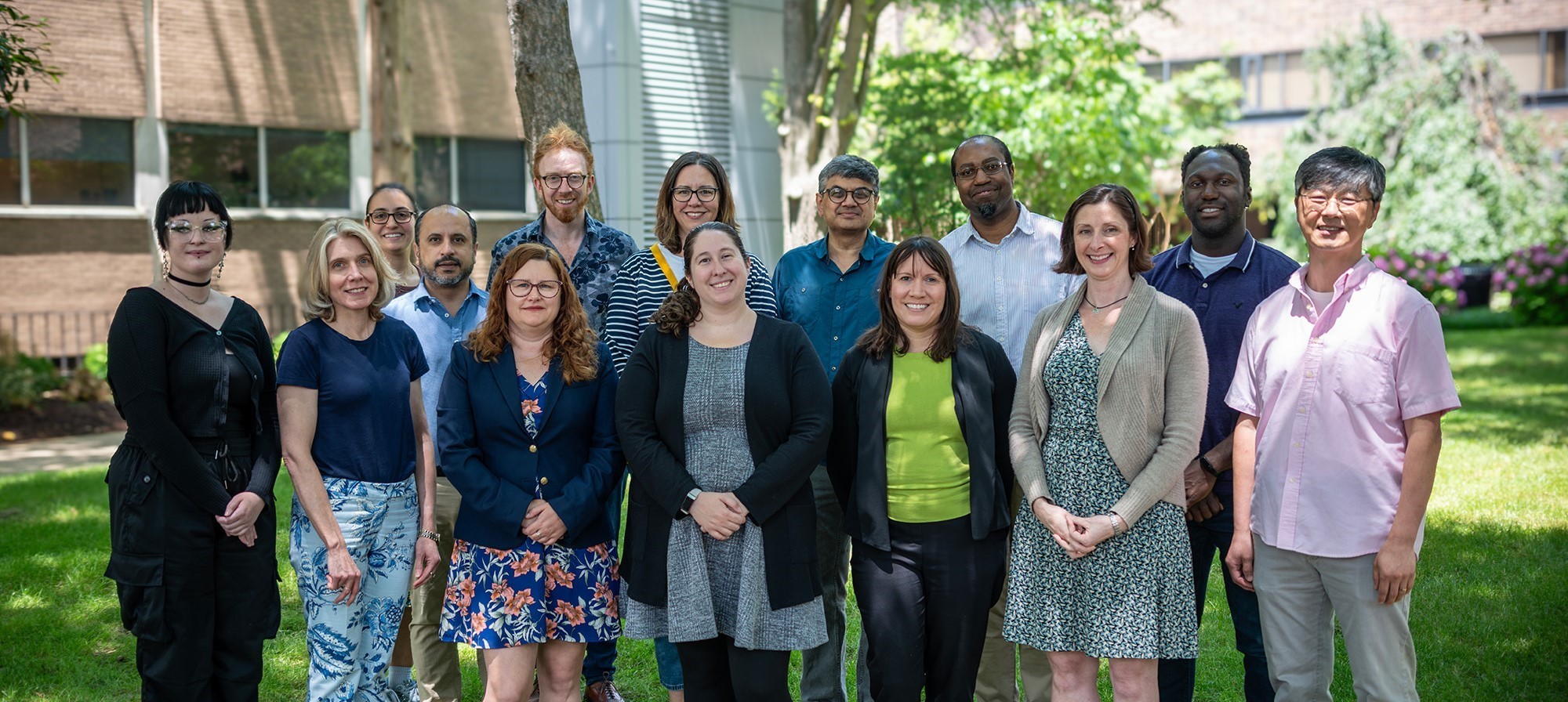
E3LA ’24 Cornerstone Projects
The E3LA faculty cohort members are tasked with developing and implementing a project that will work to transform their classroom, department, or office into a more inclusive and equitable environment.
An important component of the E3-STEM Leadership Academy is the practical application of the skills and knowledge taught throughout the initiative. All faculty cohort members are tasked with developing and implementing their own Cornerstone project, designed to create lasting positive change within their individual spheres of influence at Rutgers University-Camden. Staff cohort members are also invited to develop and implement Cornerstone projects.
These projects are designed to address one of the six barriers identified in our self-study that prevent students from engaging in STEM curricula at Rutgers-Camden. Cornerstone projects should do one or more of the following:
- Enhance STEM-specific DEI efforts to foster a greater sense of belonging
- Reassess assumptions about students’ preparedness based on their prior STEM exposure
- Tailor curricula and program designs to better meet the needs of RUC students
- Identify and mitigate invisible barriers that prevent engagement in critical STEM activities
- Move beyond traditional pedagogies and course designs to support out diverse student population
- Revise university policies that currently disincentivize improvements in coursework
In the year following their summer E3LA session, cohort members will work to implement their Cornerstone projects and become leaders in inclusive education. Upon project implementation, cohort members will earn the Level 2 microcredential and badge from the E3-STEM Institute as an “Inclusive Education Practitioner.” A summary of each of the 2024 cohort’s Cornerstone projects is detailed below.

George Kumi
Assistant Teaching Professor,
Department of Chemistry
Project Title: Introducing Chemistry Courses as Transitional Spaces
Project Description: This project aims to increase the STEM retention rate by creating an alternate path for student success in an introductory Fall 2024 chemistry course by using a hybrid of traditional and alternative grading methods. Many introductory chemistry courses often have inherent barriers that disproportionally affects STEM underrepresented groups, thereby decreasing the diversity in STEM.

Iman Dehzangi
Assistant Professor,
Department of Computer Science
Project Title: Mentor/Mentee Relationship: Rights, Responsibilities, Culture, Diversity, Inclusion, Equity
Project Description: Many faculty are not properly trained to work with students in a mentor/mentee relationship and this strain is especially apparent at research-intensive universities, where there often isn’t time to foster these relationships. This project’s purpose is to create a workbook to help improve mentor/mentee relationships and guide faculty on ways to better prepare students to persist in STEM.
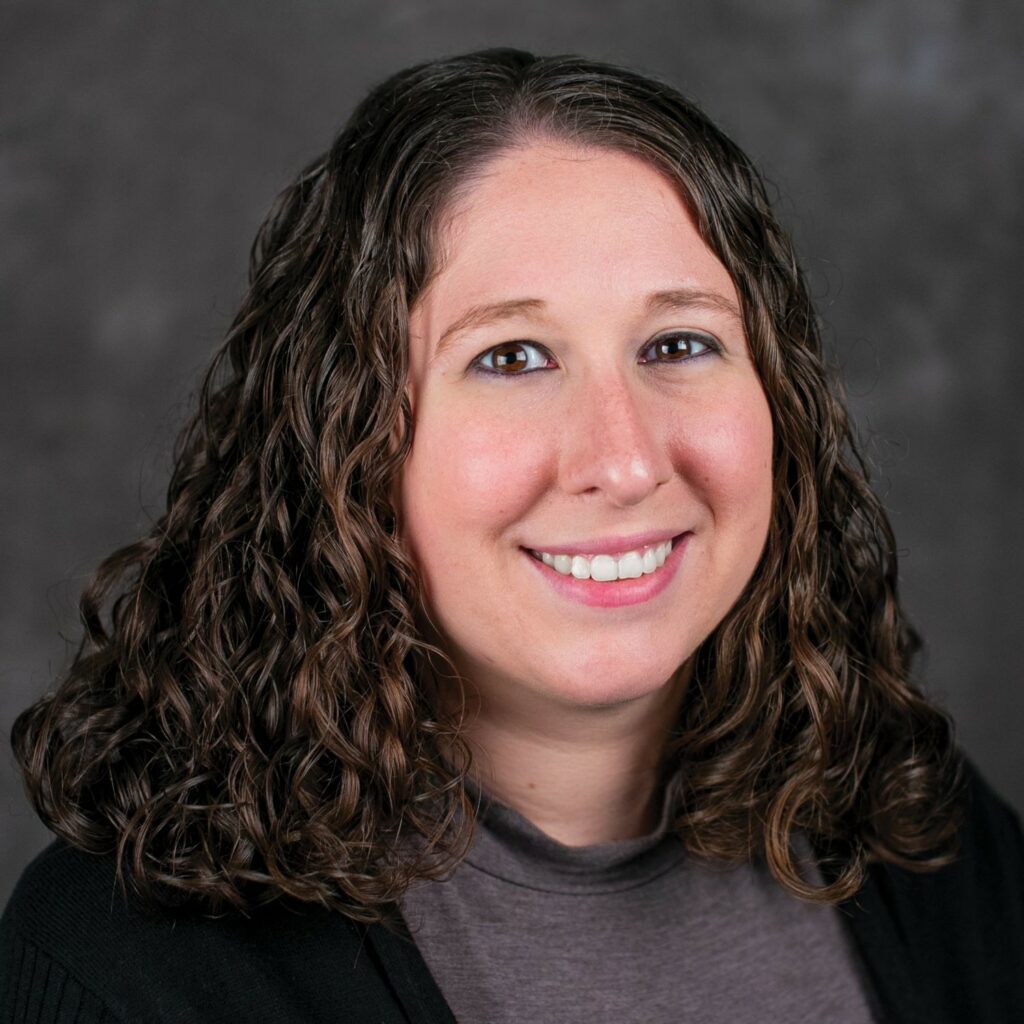
Jamie Cattell
Assistant Director,
Institute for Empowering Equitable Education in STEM
Project Title: STEM Family Engagement Newsletter
Project Description: Studies show that family members influence college STEM major selection and familial support for STEM curriculum is incredibly important for students interested in pursuing a STEM education. This goal of this project is to create a digital monthly newsletter for parents and family of STEM majors with a focus on first-generation and diverse content.
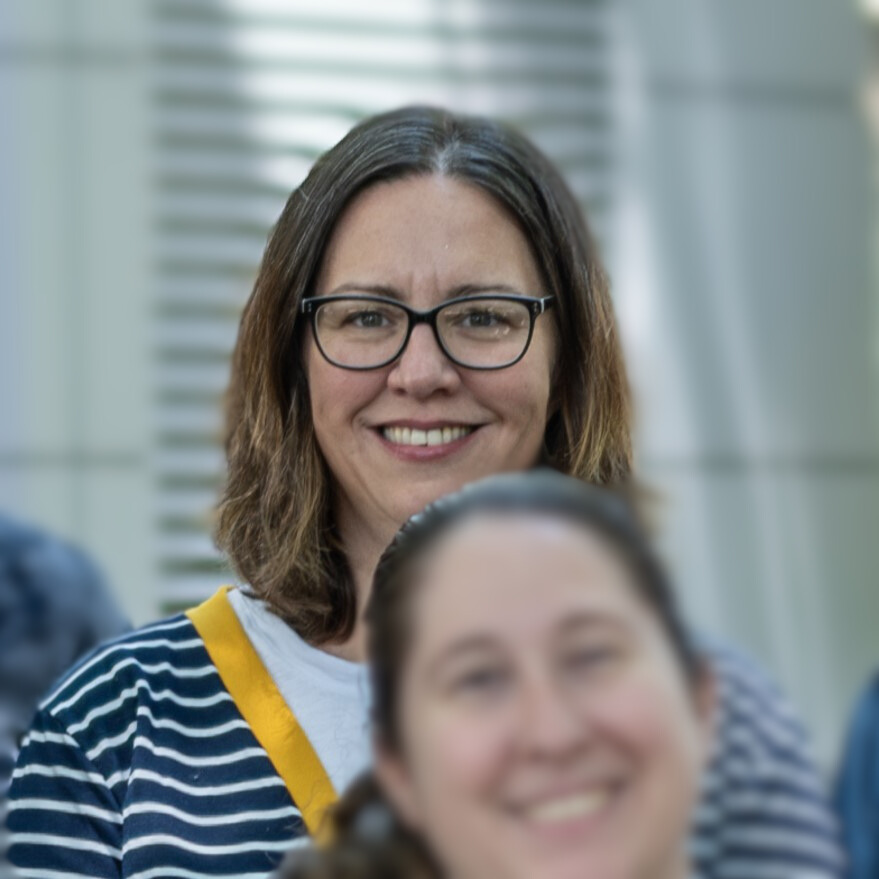
Jennifer Oberle
Associate Teaching Professor,
Department of Biology
Project Title: Envisioning an Interactive Large-Size STEM Course Delivered Through Inclusive Teaching Methods: General Biology I
Project Description: Traditional large lecture classes, including General Biology, are built around exams and quizzes which are not the best assessments to gauge student learning. This project will focus on restructuring the General Biology I course to increase student engagement and address different learning styles by incorporating inclusive teaching modalities and assessments into the course.

Kimberlee Moran
Associate Teaching Professor,
Department of Sociology, Anthropology, & Criminal Justice
Project Title: Demystifying the STEM Graduate Student Experience
Project Description: The goal of this project is to migrate the “Forensic Science Symposium” course into a non-disciplinary specific asynchronous Canvas course under E3-STEM in order to help students develop necessary STEM and professional soft skills. This course is designed to combat the “hidden curriculum” of graduate school and set up incoming graduate students for success in their STEM program.
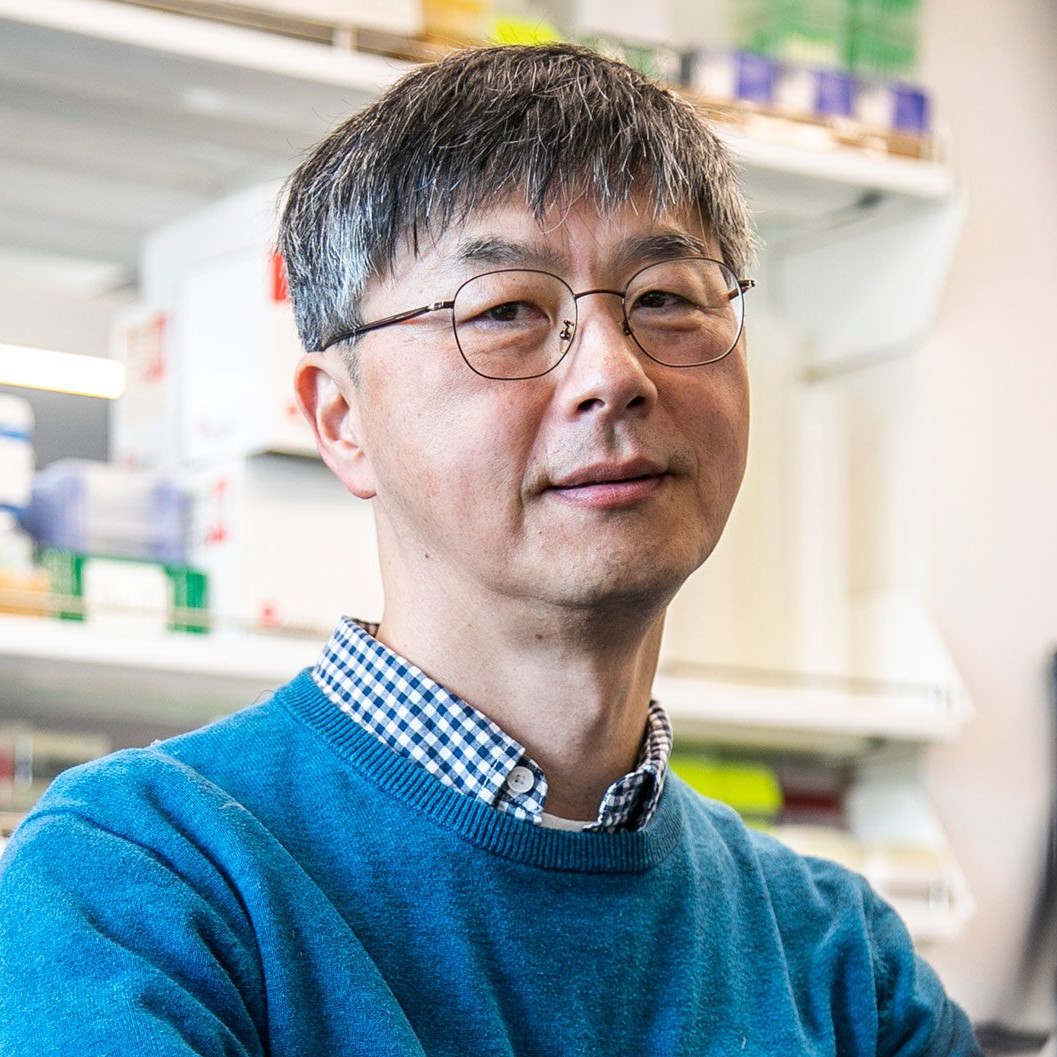
Kwangwon Lee
Professor & Director,
Department of Biology & Institute for Empowering Equitable Education in STEM
Project Title: E3-STEM Institute Course Offerings for STEM Success
Project Description: Designed to transform E3-STEM into a dynamic academic unit, this project aims to have E3-STEM offer courses that address the gaps that individual STEM departments may not cover. These courses will provide essential support to foster academic and professional growth and will equip all students, particularly those from underrepresented backgrounds, with the tools and opportunities necessary to excel in their STEM education and pursuit of STEM careers.
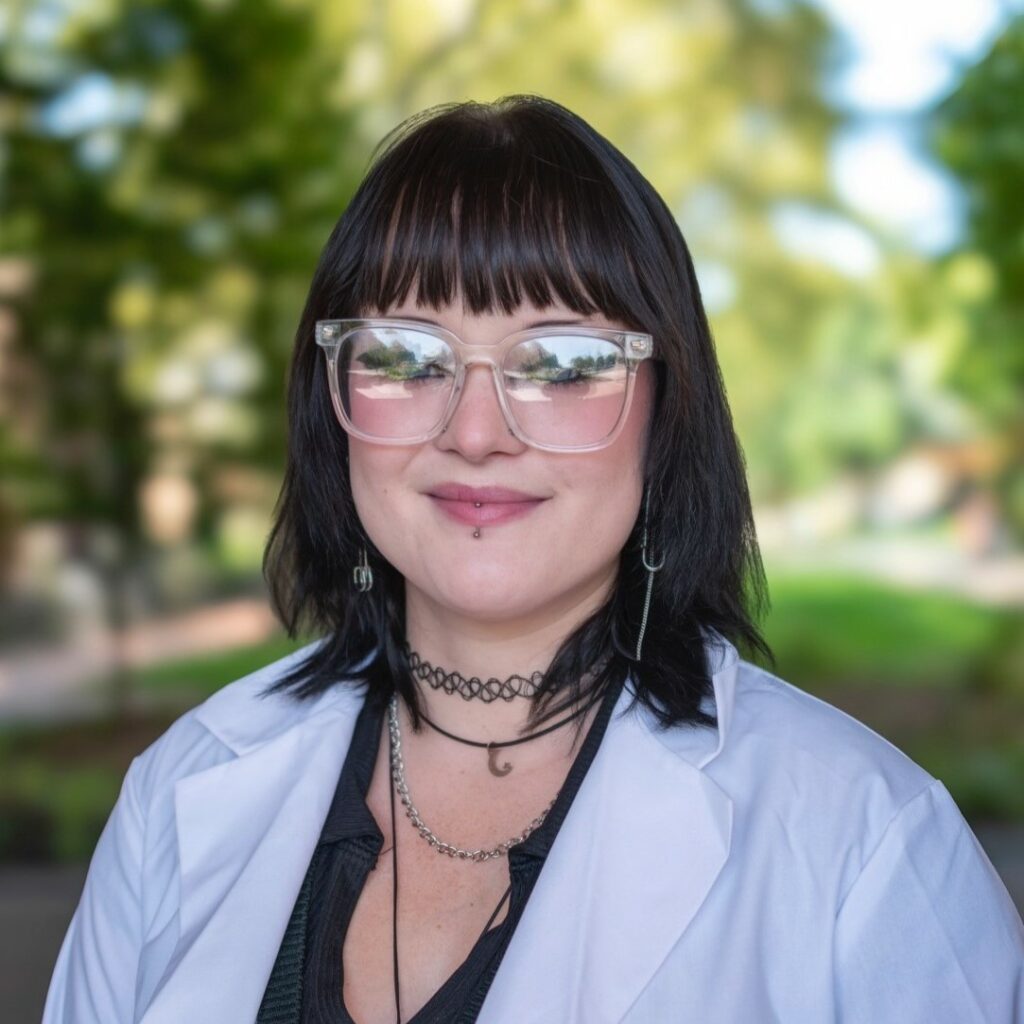
Kyra Miller
Program Coordinator,
Institute for Empowering Equitable Education in STEM
Project Title: E3-STEM Student Leaders Graduate School Mentorship Program
Project Description: The goal of this project is to provide mentorship for E3-SL upperclassmen and give them the resources and skills that they need to apply for and matriculate into graduate programs at RUC and beyond. By hosting a series of junior year and senior year symposium sessions, this program will encourage students to take advantage of the on-campus accelerated credit programs and assist with all aspects of the graduate school application process.

Nathan Fried
Associate Teaching Professor,
Department of Biology
Project Title: Biology Faculty Coordination Network
Project Description: The goal of the coordination network is to bring awareness of biology course pre-requisite knowledge needs and content. This project aims to develop an infrastructure that will generate a yearly state-of-the-department report for the biology department and create a biology handbook to provide student guidance.
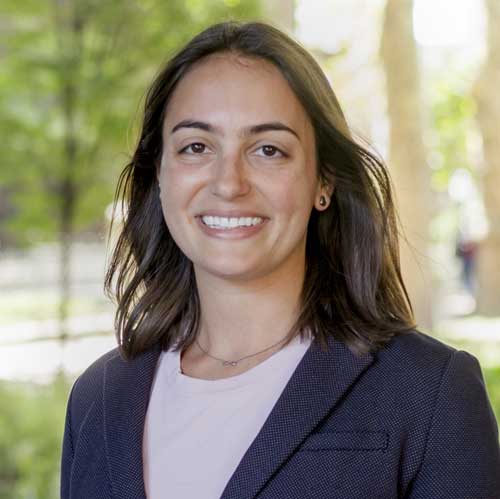
Sara Leshen
Assistant Teaching Professor,
Department of Mathematical Sciences
Project Title: Creating a Success Plan for At-Risk Students in Active Calculus
Project Description: This project will create a series of inclusively minded, actionable steps to help students who are struggling in the Active Calculus course series with its current design. By providing students with resources and incentives to improve study skills and enhance course content understanding, this framework hopes to increase the number of students that complete the Active Calculus course with a passing grade.

Sunil Shende
Professor,
Department of Computer Science
Project Title: Creating an Annotated UDL-Inspired Computer Science Program Map
Project Description: Computer Science majors often have questions around two areas of concern: planning their journey through their major and understanding course content in the broad context of the major. The goal of this project is to use UDL guidelines and annotation tools to create a more useful program map, illustrating current CS course offerings, major course groups, and the prerequisite structure. This map will be able to provide better contextual understanding about any course for students.
